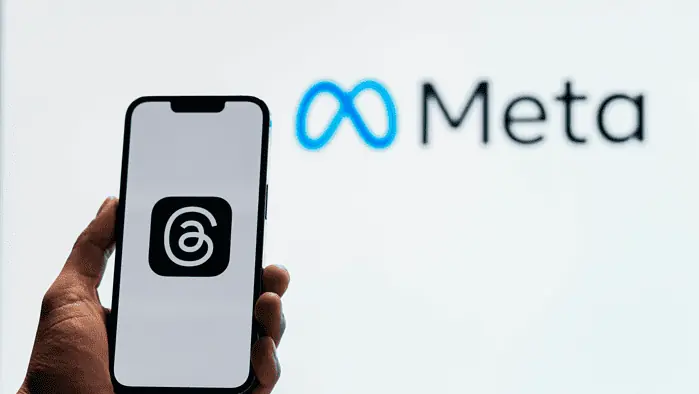After the company’s celebrity-faced bots didn’t work, it is trying a different approach.
I don’t really get Meta’s angle with AI chatbots at present.
Last September, at its Connect Conference, where the company showcases its latest tech advances and projects, Meta’s big announcement was celebrity-styled chatbots, which, using the magic of AI, users are able to engage with via DM. Now it appears the company is backing off using celebrities’ faces for chatbots and is instead exploring giving them celebrity voices.
So you can send messages to a bot styled in the voice of Snoop Dogg, and get replies from the same. Which aren’t actually from Snoop Dogg of course, but from an AI character based on the rapper, which doesn’t even have Snoop Dogg’s name.
So you’d message “Dungeon Master” and it would reply in Snoop Dogg’s voice.
Why Meta thought this would be interesting to people, I do not know.

Sure, some people have found utility with these bots. The chef bot (based on Roy Choi) is apparently quite good at providing recipe tips, for example. But really, they would have been just as good without the celebrity profile pic, right? Like, who cares if a bot is based on a celebrity if it’s not actually the celebrity themselves replying?
Are people really that celebrity-obsessed that even the hint of input from a famous person is enough to get them excited about interacting with bots?
Evidently, they’re not, because last week, Meta quietly began phasing out its celebrity-based chatbots, because nobody’s been using them.
Which is no surprise, though stemming from this, there is this Bloomberg report from late last week is:
“Meta is offering Hollywood celebrities millions of dollars for the right to record and use their voices for artificial intelligence projects, according to several people familiar with the negotiations. The company is talking with Judi Dench, Awkwafina and Keegan-Michael Key, said the people, who asked not to be identified because the project is confidential.”
So celebrity-faced bots didn’t work, but celebrity-voiced bots will?
I don’t know, I feel like Meta’s missing the point on the value of bots, in favor of cheap gimmicks, that it thinks will get more people using them, and help maximize interest.
And maybe they’re right. Maybe, by creating AI bots with celebrity likenesses, either in looks of voice, that’ll at least get fans of those people using Meta’s AI tools, with a view to expanded adoption over time.
But I don’t know, it seems like a lot of financial outlay on what does indeed equate to a gimmick, a novelty angle, that may spark a little more interest, but will also wear off pretty quick.
Which, again, could be fine, in that Meta just needs to spark that initial adoption and interaction to get the ball rolling. But then again, Meta CEO Mark Zuckerberg said last week that its current Meta AI chatbot is already “on track to become the most used AI assistant in the world”.
Which is not surprising, given that Meta has placed the Meta AI prompt front and center in all of its apps, and you basically can’t search Facebook or Instagram without almost accidentally using it.
You can imagine that millions of the queries pushed through Meta AI have been by confused Facebook users, who don’t understand why they’re getting such long-winded answers to their query. But the stats don’t lie, and Meta says that more people are using Meta AI than ChatGPT.
So there’s that. But that also seemingly suggests that Meta really doesn’t need celebrity-led gimmicks to promote its AI tools.
Right?
Maybe I’m missing the point, and maybe, people will be more excited to use Meta’s AI tools if the answer to their query is spoken to them in the regal tones of Dame Judi Dench.
But it still feels a little misguided. I still haven’t seen a truly valuable use case for AI chatbots within social media apps, outside of ad creation and targeting (and search to a degree). I don’t feel like bot interaction is something that users of apps designed to facilitate human connection are really looking for, and generating fake AI images of yourself just seems like welcoming the kind of misrepresentation that’s become a turn off for many social media users.
How useful was this post?
Click on a star to rate it!
Average rating 0 / 5. Vote count: 0
No votes so far! Be the first to rate this post.

Leave a Reply